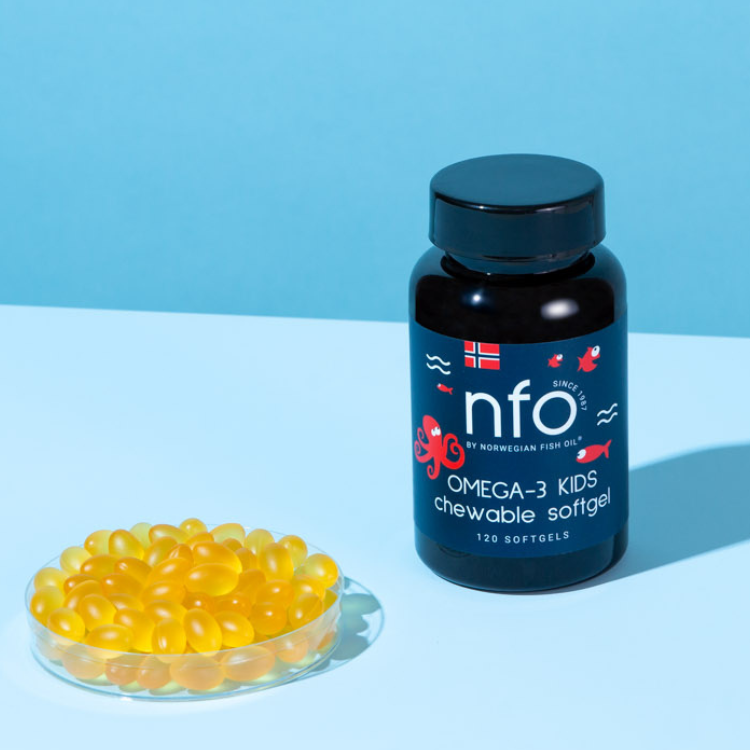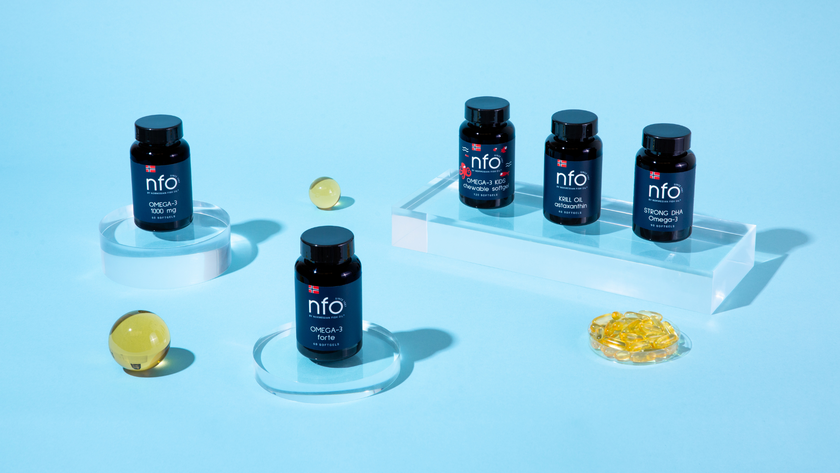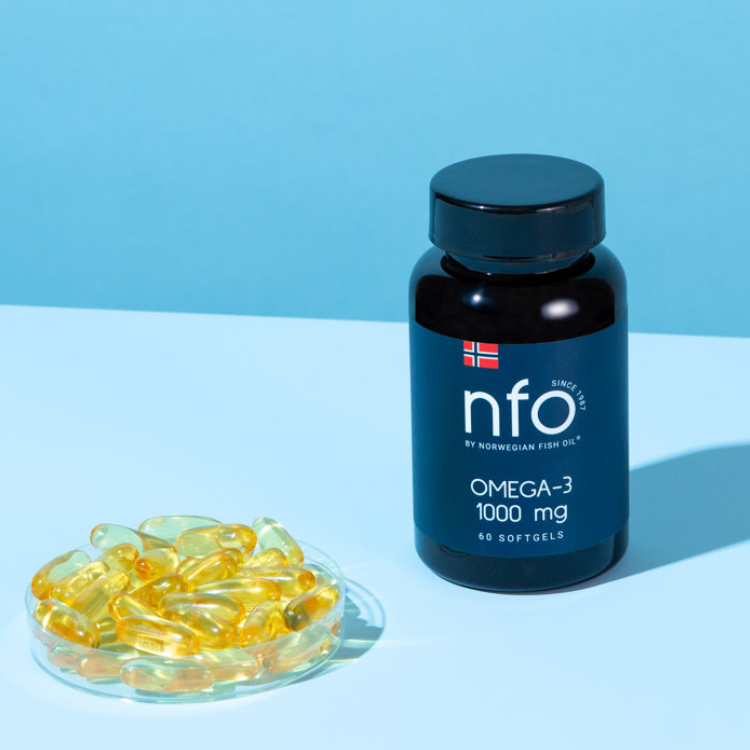The human body is a complex mechanism where thousands of biochemical reactions occur daily, requiring essential nutrients to function properly. These include vitamins, minerals, proteins, carbohydrates, and fats. Among the beneficial fats are Omega-3 polyunsaturated fatty acids (PUFAs).
Omega-3 fatty acids perform several critical functions in the body.
Cellular Health
Omega-3 PUFAs are integral components of the membranes of all human cells. The cell membrane acts as a protective barrier, shielding the cell from destruction and harmful external influences. Thanks to Omega-3, cell membranes remain robust and maintain their functional properties.
Cardiovascular Health
Omega-3 PUFAs caught the attention of researchers in the mid-20th century when scientists studied the “Greenland paradox.” They discovered that Inuit populations rarely suffered from cardiovascular diseases despite living in the harsh Greenland climate. The secret lay in their diet, which consisted predominantly of seafood and fish oil rich in Omega-3 PUFAs.
Today, Omega-3 is associated with clean and healthy blood vessels. These beneficial fats allow cholesterol to pass smoothly through vessel walls without accumulating on them. Additionally, Omega-3 PUFAs improve blood quality by thinning it.
Brain and Vision Health
Omega-3 fatty acids are present in the retina of the eyes and the gray matter of the brain. Numerous studies have investigated the link between Omega-3 deficiency and the development of Alzheimer’s disease, reduced attention span, memory loss, and decreased focus.
Skin Health
Omega-3 PUFAs are found in skin cells as well. These acids help retain moisture and maintain the skin’s elasticity while also combating inflammation. This makes them effective against skin conditions like acne.
How to Identify an Omega-3 Deficiency
To determine if your body has issues related to Omega-3 deficiency, consult a doctor who can recommend an Omega-3 Index test. This analysis will help identify if there is a deficiency, its severity, and provide guidance on adjusting your daily diet. Supplements enriched with Omega-3 PUFAs may also be recommended.
Signs that your body may lack Omega-3 include:
- Dry and flaky skin
- Memory problems
- Chronic fatigue and rapid exhaustion
- Dry eyes and impaired vision
- High cholesterol levels in the blood
Frequent colds, infections, and viruses could also signal an Omega-3 deficiency. Together with other beneficial substances, vitamins, and minerals, Omega-3 performs an essential immune-modulating function.
Where to Find Omega-3
Omega-3 PUFAs can be found in foods like avocados and seafood. The richest sources include fatty fish such as mackerel, herring, salmon, and cod liver. Fish oil is also an excellent source of Omega-3.
Modern fish oil supplements are nothing like the unpleasant products of the past. Today, they are highly purified, come in capsules, and even feature various flavors. For example, NFO Omega-3 with Lemon Flavor can be used not only as a supplement but also as a unique dressing for salads.
By ensuring an adequate intake of Omega-3, you support the overall health of your body, including your heart, brain, skin, and immune system.









